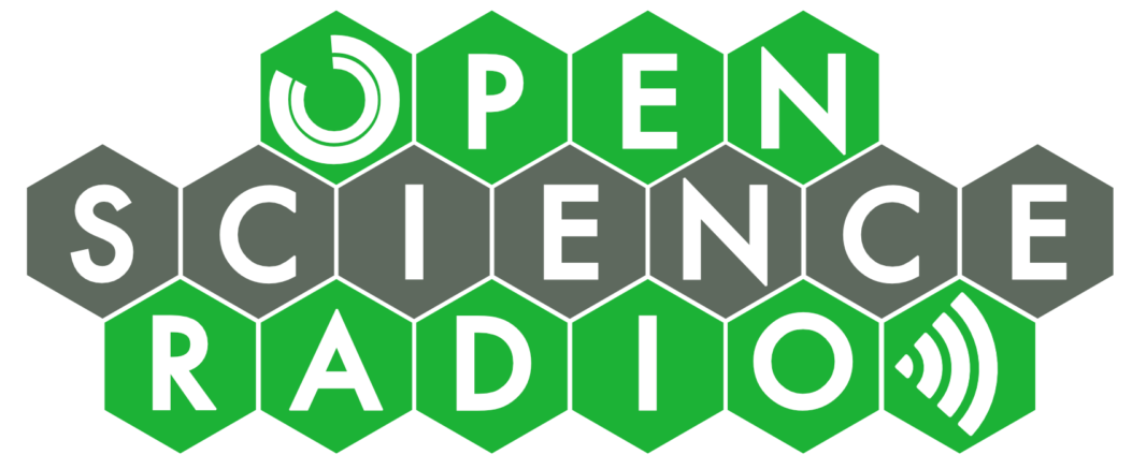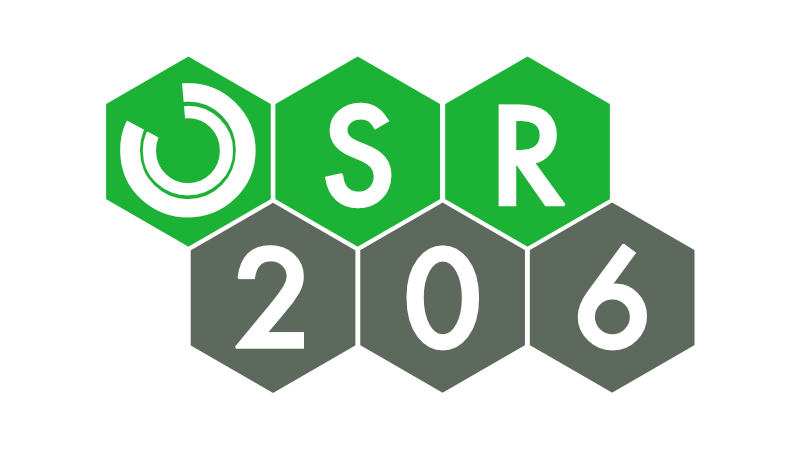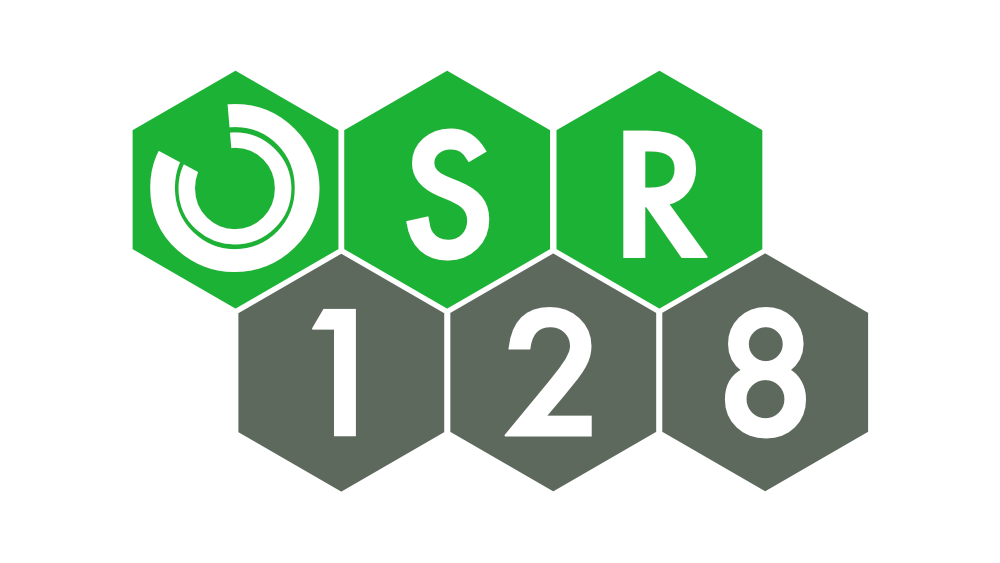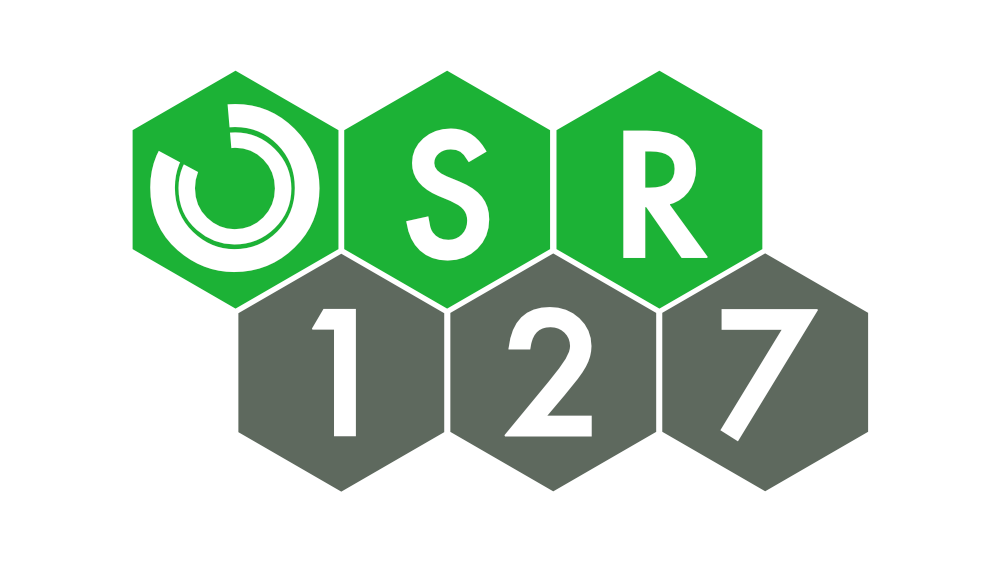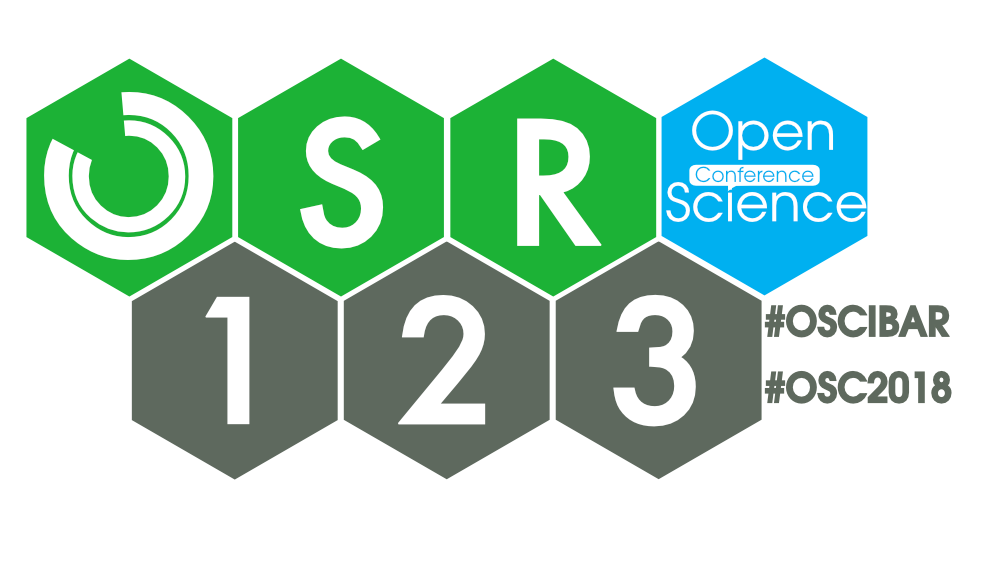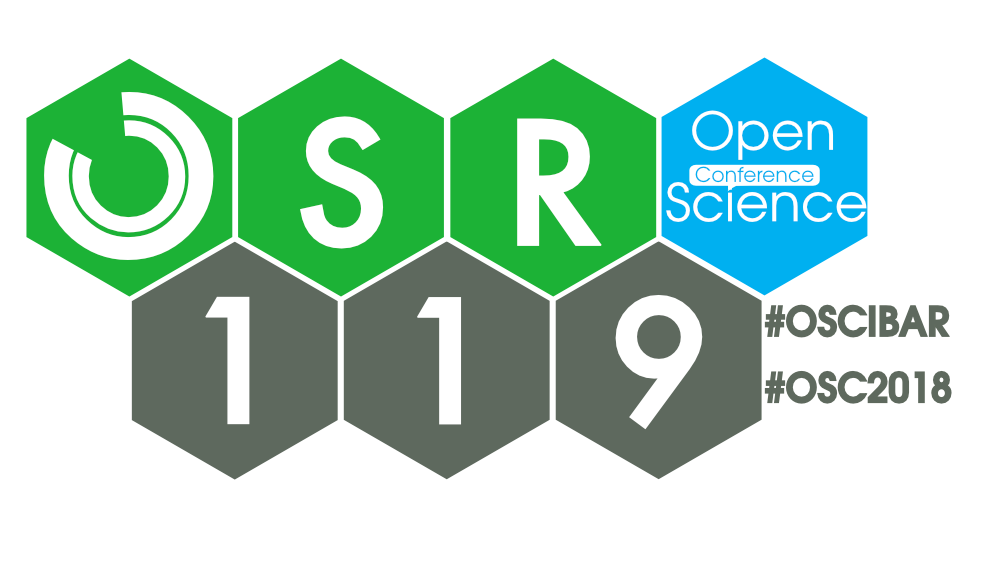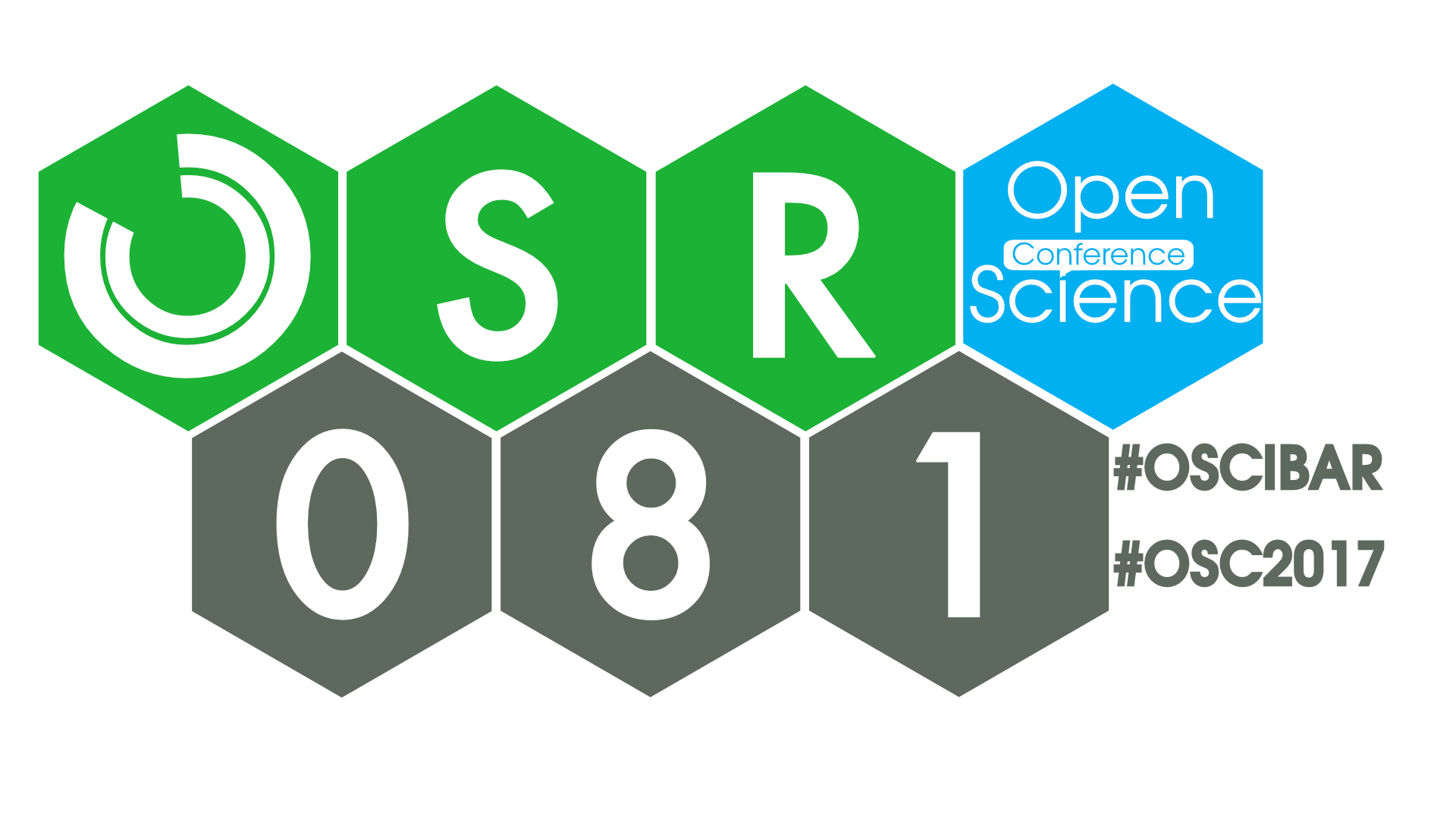The National Research Data Infrastructure for Germany – NFDI for short – has been under construction since 2018. Its goal is as simple as it is complex: to systematically open up the valuable data resources of science and research for the entire German science system, to network them, and thus to make them more usable. This would create a sustainable and flexible digital knowledge repository for all research areas, which in turn can be an indispensable prerequisite for new research questions, findings and innovations. In order to gain an insight into the development of the NFDI, its organs and their tasks, but above all to get an overview of the consortia that have been set up in 3 rounds, we have invited the man who probably knows the most about it at the moment: Prof. Dr. York Sure-Vetter, the current director of the NFDI.
And York did not disappoint.
If you’ve been listening to us for a while you have probably already heard about Felix Schönbrodt, as we have mentioned him in a number of episodes talking about projects he was involved in and a number of talks, e.g. his lighting talk at the 2016 Barcamp Science 2.0 or his recent talk at the Open Science Conference 2018. Felix is a principal investigator for Psychological Methods and Assessment at the Department of Psychology, and moreover, he is an absolute Open Science enthusiast.
As we mentioned in our wrap-up episode for this year’s Barcamp Open Science and Open Science Conference, we found Felix’s conference talk really insightful, so it is our pleasure to provide it to you with kind permission from Felix and hope that you find it equally enlightening and motivating.
If you wanna closely follow his presentation including his slides, please use the video embedded into the blogpost for this episode or his slides linked in they the Open Science Conference programme.
Enjoy!
As the amounts of research data are ever-growing and data value becomes even more important with respect to data sharing and reuse, the organization and management of data is an incredible important task. The Research Data Management Organiser (RDMO) is a tool developed to solve this task, enabling researchers to plan and manage their research data across the entire research data life cycle. Jochen Klar from the Leibniz Institute for Astrophysics Potsdam (AIP) told us more about it at the Open Science Conference poster session.
As you have recognized, Open Science Radio was attending this year’s Barcamp Open Science as well as the Open Science Conference. This episode is a wrap-up together with Guido Scherp, one of the organizers (you’ll know him by now). Guido is providing his impressions from the two events, we share ours and discuss a few things in general, as well as a few of the talks in more detail (this year we caught a few quotes).
